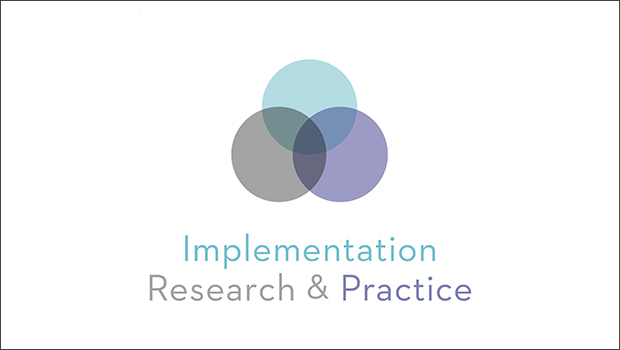Online journal launches for implementation science research

A new open-access peer-reviewed site will explore how best to bring innovations into practice in treating mental illness, substance use, and addictions.
A new journal, Implementation Research and Practice, makes its official debut this week as a forum for research examining the implementation of approaches to assess, prevent, and treat mental health, substance use, or other addictive behaviors. Cara Lewis, PhD, an associate investigator at Kaiser Permanente Washington Health Research Institute, and Sonja Schoenwald, PhD, a senior scientist at the Oregon Social Learning Center, are the co-founding editors of the new online publication, which was launched by the Society for Implementation Research Collaboration with SAGE Publications. We sent them 7 questions about the decision to start the new journal, their hopes for what it can accomplish, and the burgeoning field of implementation science. Here are their responses.
- While implementation science encompasses research across the spectrum of health care and prevention, your journal is focusing on mental health, substance use, and addiction. Why did you choose to take this slice of the pie?
Cara: The Society for Implementation Research Collaboration (SIRC) convened in 2011 with funding from the National Institute of Mental Health with the specific goal of bringing together stakeholders to improve evaluation of implementation efforts for these conditions. After its fourth biennial conference, SIRC recognized the need for a new journal dedicated to this area of research.
Sonja: Approaches targeting these conditions tend to be interpersonal, complex, and psychosocial in nature; they generally require recipients to engage in multiple encounters over time. Implementing these types of approaches demands great attention to key implementation issues, such as fidelity and adaptation, and warrant implementation strategies across multiple levels (e.g., individual, organizational, community, and systems).
- Your thinking about this journal must grow out of your own experiences. How did your interests in implementation science come about?
Cara: I began my training as an efficacy researcher where I participated in the largest randomized clinical trial for adolescent depression. Out of that trial the data suggested that cognitive behavioral therapy (CBT), particularly when combined with antidepressant medications, was an efficacious treatment. However, when we looked in the community, it was clear that CBT was essentially not available. I found this incredibly frustrating that we, as a field, could develop effective interventions that those who were intended to benefit could not access. I then pivoted my training and research studies toward implementation science in 2006, which happened to be when the field’s first academic journal, Implementation Science, was established.
Sonja: My entry points preceded the moniker, “implementation science.” Early in my career, as a master’s level therapist in community mental health agencies, I had treated youth and families referred by juvenile justice, child welfare, and refugee placement agencies. My prior undergraduate psychology research training did not map well onto those experiences. When I began pursuing a doctorate in clinical psychology, I aimed to marry the two in ways I hoped would change things for people with serious clinical problems who, at the time were generally placed in institutions, residential care facilities, or prisons. In that period, research aligned with that goal fell more squarely under the rubric of mental health and substance abuse services research than treatment research.